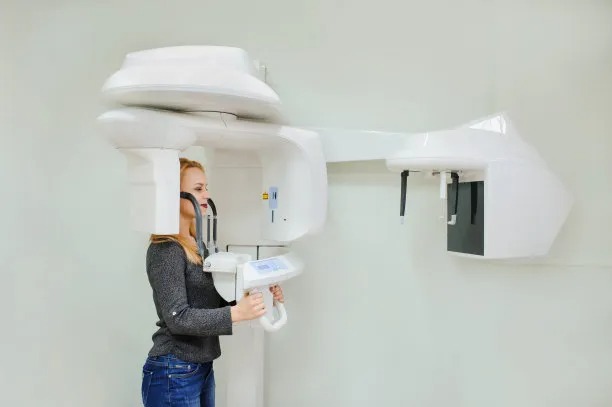Revitalize Your Smile with Advanced Dental Implant Treatment for Lasting Confidence and Functionality in Oral Health
Summary: Dental implant treatments have revolutionized oral health, providing a reliable solution for those seeking to restore their smiles. This article delves into the numerous benefits of advanced dental implant techniques, emphasizing how they can boost self-confidence and improve functionality. By exploring the types of dental implants, the procedure involved, maintenance practices, and the long-term advantages, readers can gain a comprehensive understanding of why dental implants are a top choice for enhancing oral health. Ultimately, this information serves to encourage those affected by tooth loss to consider implants as a means to revitalize their smiles.
1. Understanding Types of Dental Implants

Dental implants come in various types, and understanding these options is essential for effectively revitalizing ones smile. The most common types include endosteal implants, subperiosteal implants, and zygomatic implants. Endosteal implants, which are placed directly into the jawbone, are the most frequently used. Their versatility and stability make them ideal for a wide range of patients.
Subperiosteal implants, on the other hand, are recommended for those who may not have sufficient bone structure to support endosteal implants. These implants are placed under the gum but above the jawbone, providing a unique solution for patients with specific anatomical challenges. Zygomatic implants involve placement in the cheekbone, offering an option for patients with severe bone loss in the upper jaw.
By selecting the appropriate type of dental implant, patients can ensure the procedure meets their individual needs, ultimately leading to enhanced functionality and aesthetics.
2. The Dental Implant Procedure Explained
The dental implant procedure is a multi-step process that requires careful planning and execution. Initially, a thorough examination and imaging tests are performed to assess the patient’s oral health and bone structure. This step is crucial for determining the best approach to placing the implants.
Once the assessment is complete, the surgical phase begins. Typically, this involves placing the implant—essentially a titanium post—into the jawbone. This phase may require local anesthesia to minimize discomfort. After placement, a healing period is necessary, allowing the implant to integrate with the bone through a process called osseointegration.
Following this integration, an abutment is placed on top of the implant to hold the crown. Finally, a custom-made dental crown is attached, restoring the natural appearance and function of the tooth. This meticulous procedure highlights the expertise required to achieve optimal results in dental implant treatments.
3. Post-Procedure Care and Maintenance
Proper maintenance and care following dental implant surgery are crucial to ensuring the longevity of the implants. Patients are typically advised to maintain excellent oral hygiene routines, including brushing twice a day and flossing regularly. Using a soft-bristle toothbrush and non-abrasive toothpaste can help avoid discomfort and damage to the implants.
In addition, routine dental check-ups are essential for monitoring the health of the implants and gums. Dental professionals may recommend professional cleanings to remove any plaque buildup around the implant site, thereby reducing the risk of peri-implantitis, an inflammatory condition similar to gum disease.
Diet also plays a significant role in the longevity of dental implants. Consuming a balanced diet rich in vitamins and minerals can promote healing and overall oral health. Avoiding hard or sticky foods during the initial healing phase will aid in proper recovery as well.
4. Long-Term Benefits of Dental Implants
The long-term benefits of dental implants extend beyond their immediate functionality. For many patients, improved self-esteem is one of the most significant advantages. The renewed ability to smile, speak, and eat without concern for missing teeth can restore confidence and enhance social interactions.
Another critical benefit of dental implants is their durability. Unlike dentures that may require replacement over time, well-cared-for implants can last a lifetime. This long-term reliability is not only financially advantageous but also contributes to the overall health of the oral structure.
Moreover, dental implants can prevent bone loss in the jaw, a common issue after tooth loss. The stimulation caused by the implants encourages bone maintenance, helping to preserve facial structure and preventing the sunken appearance often associated with missing teeth.
Summary:
Throughout this article, the integral role of advanced dental implants in revitalizing smiles has been emphasized. By understanding the various types of implants, the intricate procedure, essential aftercare, and long-term benefits, readers are encouraged to view dental implants as a valuable solution for oral health issues.
Ultimately, a confident smile can significantly impact an individual’s quality of life, making dental implant treatment worth considering for anyone facing tooth loss.
This article is compiled by Vickong Dental and the content is for reference only.



